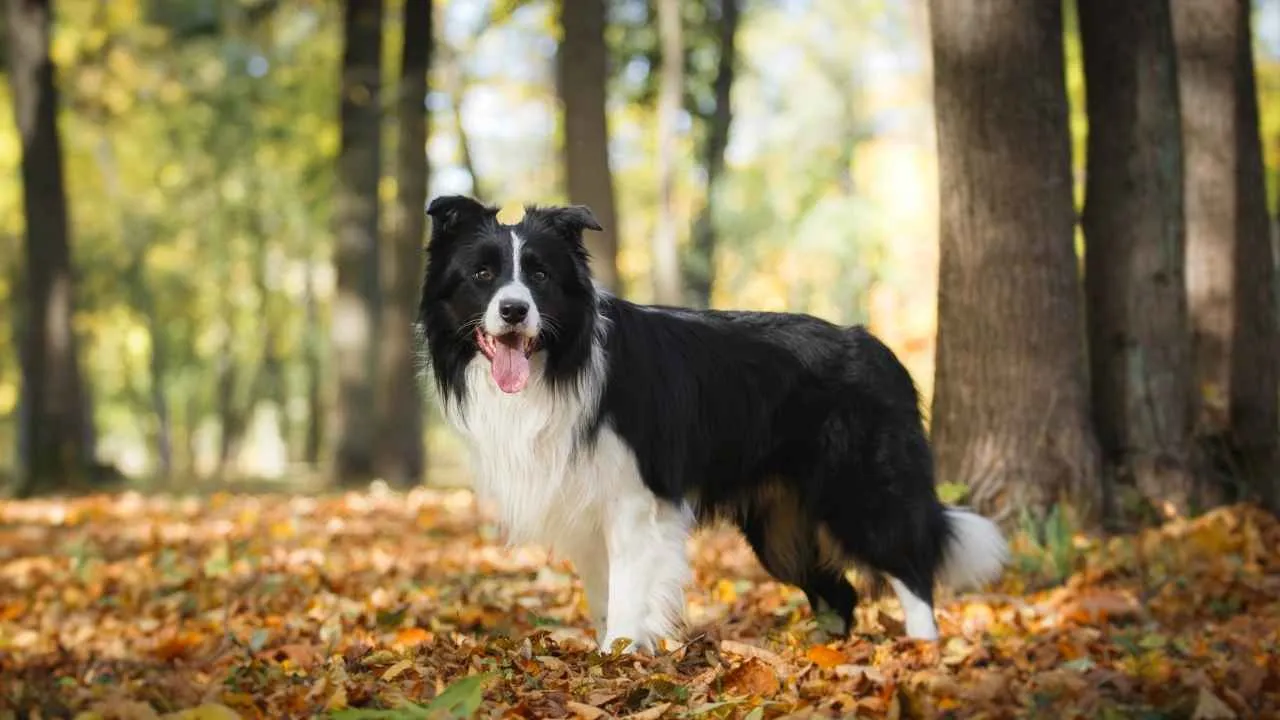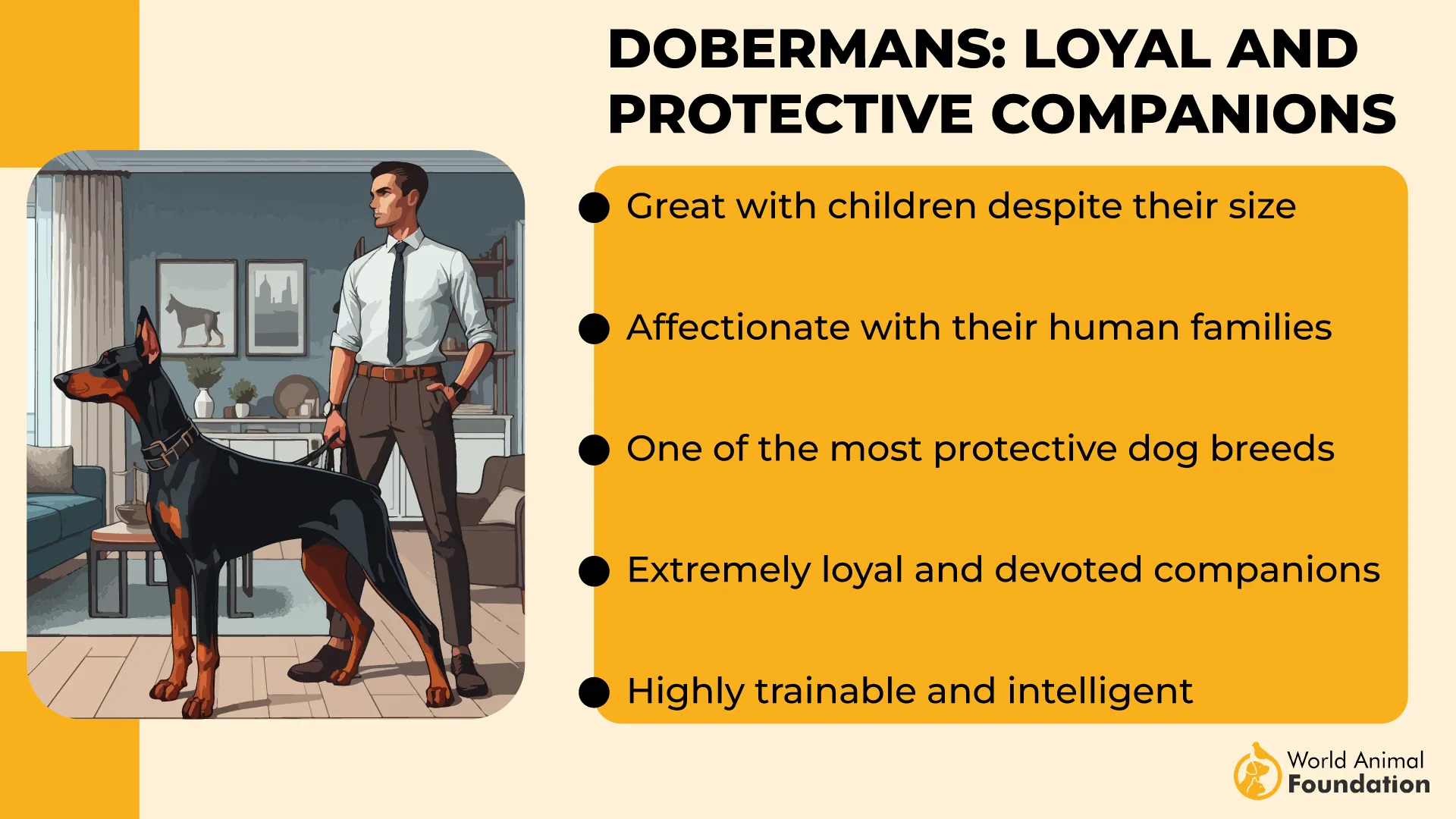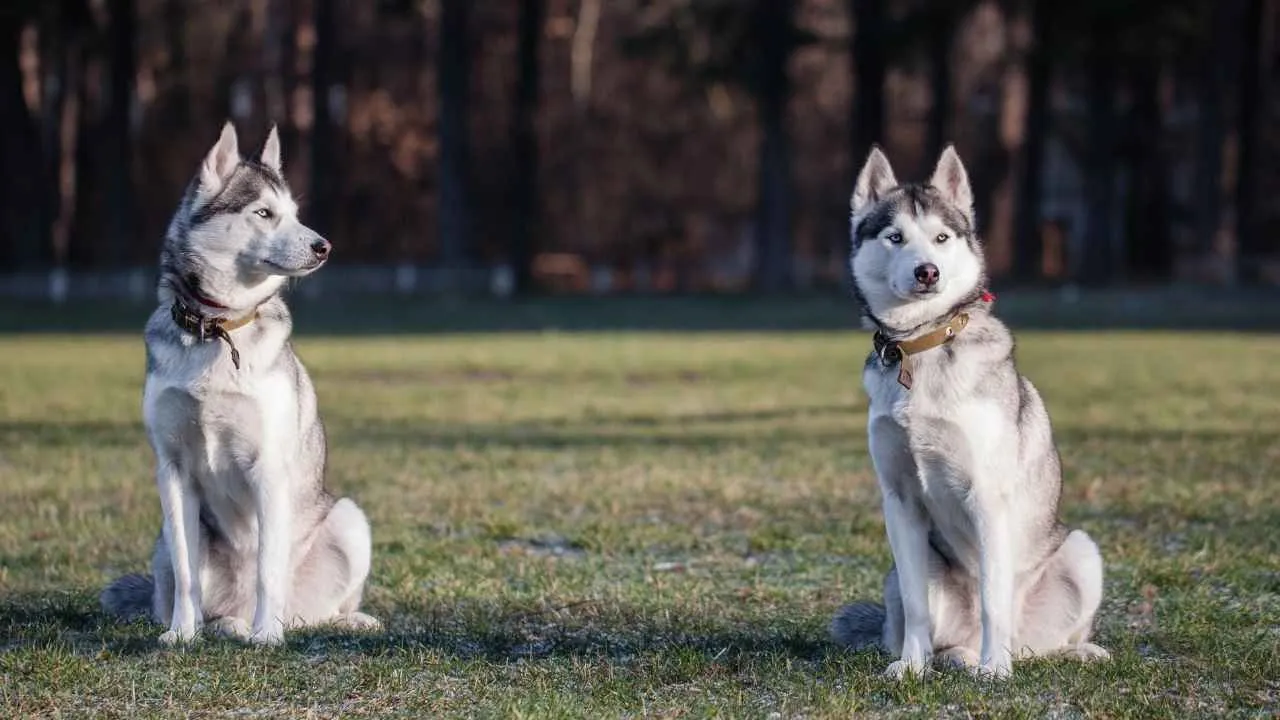Have you ever been startled awake in the middle of the night by your dog’s constant whirring? I know that cannot be very pleasant!
Barking is one of the natural methods of communication used by dogs, including watchful pastoral breeds, with their human companions. There are certain dog breeds that are very vocal. This could be based on their chatty nature or due to the breed’s history and characteristics.
Whether barking at the cars that pass by or alerting you to all suspicious sounds, such dogs are always eager to bark, whine, or howl. If you are thinking of adding another furry member to your family, you need to know why your dog barks more often.
Here we are presenting to you with a few of those talking dog breed types and why they are so encouraged to be vocal. So, are you ready to get to know those most vocal and frequent barkers of this world? Let’s begin.
Frequent Barker Dog Breeds
1. Golden Retriever

Bred in Scotland, Golden Retrievers have become one of America’s favorite dog breeds, and we can see why!
Renowned for their friendly, loving, and loyal nature, Goldies are also incredibly smart, which is why they learn things quickly, making them excellent obedience prospects and being utilized in search and rescue, therapy, and service dog work.
Golden Retrievers are highly social and live for attention. They can bark due to loneliness or boredom if they are left alone for too long. One Golden Retriever named Charlie, with his inherent protective nature has officially been considered to have the loudest bark in the world since 2012.
They also are good watchdogs, not in that they are aggressive but that they will happily bark to warn you whenever someone comes to the door. Golden retrievers are great family pets, They also coexist with toddlers and children.
Though they can be trained to curb their barking since they are intelligent, they are always going to be expressive dogs that love to “talk” to their masters.
What causes them to bark?
Attention-seeking
Thrill
Boredom
Notifying guests
2. Basset Hound

This is a unique breed due to its short legs, wrinkled skin, and hanging ears. Basset Hounds have calm and friendly temperaments.
Basset hounds are not overly active, but they are one of the most vocal dogs, particularly if they pick up something by the nose or are neglected. The instincts of the breed are acute, with their deep bay carrying far and wide.
Basset Hounds also have separation anxiety and don’t have much tolerance for being alone for long periods. They have a very loud baying howl, which they will use frequently to show their excitement or annoyance.
If they are on the lookout for something interesting or wish to express their feelings, they openly use their familiar howls, whines, and barks. According to WebMD, they are stubborn by nature, and their stubbornness can complicate training, which sometimes results in excessive barking. Nevertheless, frequent training will minimize excessive barking.
What causes them to bark?
Tracing a scent trail
Separation anxiety
Annoyance
Food requests
3. Border Collie

Historically used as sheep herders, Border Collies are high-energy, intelligent, work-oriented dogs. Border Collies are highly aware of movement or sound and are likely to respond quickly with barking.
Herding breed dogs, such as the Border Collie, have come to learn to bark as this behavior helps to maintain their stock in line and ward off wild beasts.
Due to Border Collies’ intelligent nature, they must have something to keep their minds busy at all times. They would be perfect for the active family or with those who have ample time to work with them.
Border Collies also become excessively noisy when they are bored or frustrated, so always have an activity on hand to keep them busy, recommends PetMD.
Because Border Collies will probably be wary or aloof with strangers, it is essential to socialize them with other dogs and accustom them to diverse surroundings at a young age in order to enable them to overcome this.
What causes them to bark?
Herding instincts
Being aware of movement
Lack of stimulation
Excitement
4. Beagle

One of the most highly vocal breeds, known for their distinctive barking, is the Beagle. Although they are relatively small in size, their voices are big. Beagles are originally bred to hunt, and their unique bay, howl, and bark are how they locate scents or speak with their human family.
Beagles are highly sought after by first-time dog owners and by families due to their nature and compact size. Beagles are capable of producing three sounds: baying, howling, and barking.
They frequently go on adventures thanks to their noses, and their voices make sure you hear everything they have to say. Being cheerful dogs, beagles frequently bark with a mixture of excitement, alertness, and a hint of mischief.
They might experience separation anxiety if they are left alone for an extended time, which would increase their howling or barking. You can effectively control excessive barking by teaching your beagle to obey commands like “quiet” and rewarding them for staying calm.
As per PDSA, Beagles make excellent family pets, but their strong hunting instincts may make them less suitable for households with smaller animals.
What causes them to bark?
Detecting scents
Separation anxiety
Aware of strangers
Looking for attention
5. Rottweiler

Rottweiler’s bark is among the most intimidating of all dog breeds. This isn’t because they’re aggressive, but they take their role as protectors very seriously. They are impressively powerful protection dogs and will bark when they perceive danger or feel to protect their home and family, even though they do not bark all the time.
Despite their tough appearance, Rottweilers often show patience and affection toward their families, developing close relationships with their owners.
Rottweilers have a strong protective instinct and are self-assured, brave, and devoted dogs. They are guard dogs par excellence because they are naturally territorial and alert, having been bred for herding and guarding.

Rottweilers are obedient, kind, and even playful when trained correctly. They work best with experienced dog owners who can give them loving but firm instructions.
What causes them to bark?
Being protective
Being mindful of strangers
Frustration or boredom
6. German Shepherd

German Shepherds are excellent choices for police, military, and service work because of their exceptional intelligence, loyalty, and protective nature. But with those qualities also comes an inherent tendency to bark.
As members of the herding group, this large-sized breed is energetic and thrives when given a task or a regular activity to keep them busy.
When they are around family, they are usually affectionate, but when they are around strangers, they may be wary or distant. Being extremely vigilant of their environment, they frequently bark at strangers, strange sounds, or anything that seems “off.”
Although they don’t make excessive noise, their powerful and commanding barking serves a purpose, usually warning or conveying a message of importance. German Shepherds can be trained to bark appropriately when they perceive a visitor as “friendly” or “threatening.”
What causes them to bark?
Being protective
Lack of stimulation
Stress or anxiety
7. American English Coonhound

The American English Coonhound is a lively, diligent breed defined by its agility, endurance, and distinctively melodic bark. This American-bred hound, which was developed for raccoon tracking and treeing, is a proficient hunter with a strong nose and an unwavering work ethic.
These hounds are very talkative, active, and scent-driven. If they aren’t given enough room to run or activities to do, their barking may become an issue in the neighborhood. They may bark when they are lonely or trying to get attention, but they also enjoy being a part of a pack.
American English Coonhounds are friendly, outgoing, and affectionate at home. These active dogs make wonderful family companions because they get along well with both kids and other dogs.
They do, however, need a lot of physical and mental stimulation to remain content and well-behaved. If you don’t keep them busy, they might get bored and start talking a lot!
What causes them to bark?
Tracking scents
Excitement
Isolation or boredom
Interaction with others
8. Doberman Pinscher

Dobermans have a powerful, muscular physique and make noble companions. Because of their athletic body, they are regarded as a strong breed. Their coats are blue, black, fawn, or red with noticeable rust stains, and their bodies are sleek.
Dobermans are sleek, intelligent, and devoted to their families. They use their loud and intimidating bark as a means of warning and protection because they are natural guardians. Although they don’t typically bark excessively, when they do, it’s usually not without a reason.
Dobermans are loving and attention-seeking despite their rugged appearance, which, if ignored, can result in reactive barking and “talkative” behavior.
Although they can be trained to control their vocalizations and are intelligent dogs, Dobermans can become excessively protective and bark at everything if they are not given appropriate boundaries. To help them distinguish between genuinely dangerous things and those that are not, socialization is essential.

Being a high-energy breed, the Doberman requires ample physical activity. They’ll love joining you for long walks, runs, or hikes, and will also have a great time playing in a securely fenced yard, says Purina.
What causes them to bark?
Preserving intuition
Nervous or anxious
Stimulation or excitement
Alert, stranger
9. Siberian Husky

Last but not least, the larger dog breed, Siberian Huskies, are among the most talkative dog breeds. These vocal canines are well-known for their yowls, howls, and other nearly human-sounding noises.
These dogs were developed for endurance and thrive in active settings after being bred to pull sleds over great distances in the chilly Arctic. They are among the most recognizable breeds in the world due to their wolf-like appearance, thick double coat, and piercing eyes.
Siberian Huskies, a highly intelligent breed, are pack animals that do well in family environments and usually get along with other dogs, according to the American Kennel Club. They are not good candidates for watchdog responsibilities because of their innate friendliness.
They’re energetic and attention-seeking, and like many natural pack animals, they will let you and the entire neighborhood know if they’re bored. Their vocalizations are as loud—and frequently more dramatic—than those of other breeds, although they don’t bark as much.
Siberian Huskies are generally affectionate and extroverted, getting along well with both people and other dogs. But because of their intense desire to hunt and their love of running, they require safe fencing and should never be allowed to run free in public places.
What causes them to bark?
Boredom
Play or excitement
Reacting to sounds or other dogs
Speaking with the owner
Conclusion
Excessive barking is something that varies from dog breed to breed and is often deeply ingrained in their original roles—be those working dogs, specialist herding dogs, or barking bird dogs. Other sociable and vocal breeds that didn’t make this list but might include such examples as the Yorkshire Terrier, Jack Russell Terrier, West Highland White Terrier, Cairn Terrier, and Fox Terrier—are known to have a seriously loud bark despite being small.
Little dogs or small dogs bark and are used to repel or coordinate with humans. The Miniature Schnauzer and Finnish Spitz are famous for their characteristic barking, something which is linked to their background as vigilant, chatty companions.
While their chatty demeanor, including their distinctive ringing noise, can be nice as well as useful, if not kept in check, their barking can prove to be problematic. The solution from a professional dog trainer would be in keeping with proper training, socialization, and mental stimulation to address excessive barking. In dog breeds, extremely intelligent types are more likely to bark due to boredom or a lack of being challenged.
If you are considering bringing to your family a breed with frequent barking, being aware beforehand of how to respond to it is all that may be needed to have them become good companions. With patience and reward, even the chatty puppy of the canine world will be able to become a good-mannered, loving companion.


